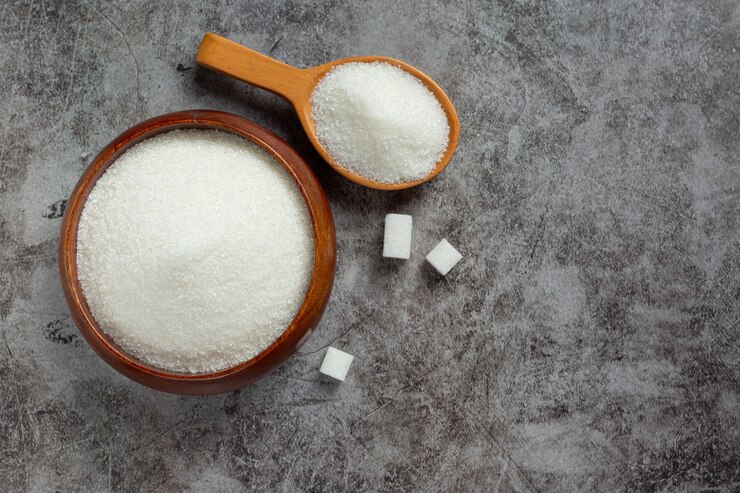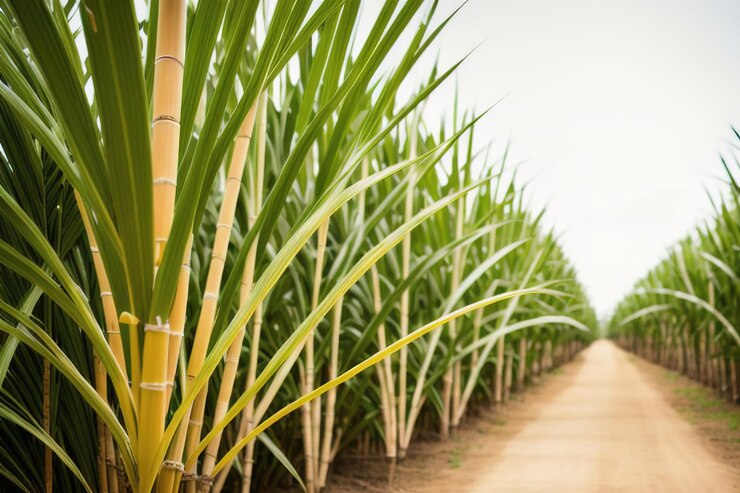In the world of sugar production, one country stands tall above the rest – Brazil. Renowned for its vast sugarcane fields and a thriving industry, Brazil has consistently held the title of the largest sugar producer globally. But what factors contribute to this sweet dominance?
Climate Advantage:
Brazil’s tropical climate provides an ideal environment for sugarcane cultivation. The warm temperatures and abundant rainfall create optimal conditions for the growth of this sugar-rich crop. As a result, Brazilian farmers can achieve high yields, contributing significantly to the country’s sugar production.
Sustainable Practices:
Beyond natural advantages, Brazil has embraced sustainable agricultural practices. Many sugar producers in the country have adopted modern and eco-friendly approaches to farming. This includes efficient water management, organic fertilizers, and integrated pest control. These practices not only ensure environmental responsibility but also contribute to the long-term viability of sugar production.
Ethanol Production:
A key factor in Brazil’s sugar dominance lies in its extensive use of sugarcane for ethanol production. The country has successfully integrated sugarcane into its biofuel industry, producing a significant portion of the world’s ethanol. This dual-purpose use of sugarcane enhances the overall economic viability of cultivating this crop in Brazil.
Investment in Technology:
Brazil has heavily invested in technological advancements within its sugar industry. Modern equipment, precision agriculture techniques, and research into high-yielding sugarcane varieties have all played crucial roles in boosting productivity. This commitment to innovation ensures that Brazil maintains its competitive edge in the global sugar market.
Government Policies:
The Brazilian government has implemented policies that support and promote the sugar industry. Favorable trade policies, subsidies, and incentives for farmers contribute to a conducive environment for sugar production. These measures create a stable foundation for the industry’s growth and sustainability.

Global Impact:
Brazil’s position as the leading sugar producer has significant implications on the global market. The country’s ability to meet both domestic and international demand has made it a key player in shaping sugar prices and trade dynamics. Understanding Brazil’s role in the global sugar market provides insights into the broader economic landscape.
In conclusion, Brazil’s journey to becoming the world’s largest sugar producer is a tale of natural advantages, sustainable practices, technological innovation, and strategic government policies. As the demand for sugar continues to rise globally, Brazil’s sweet dominance is likely to endure, shaping the future of the sugar industry on a global scale.




